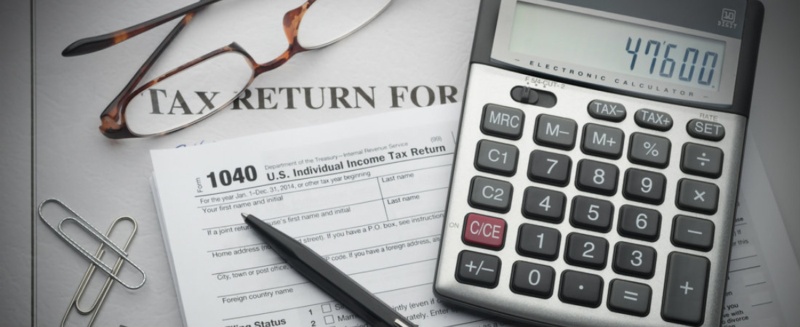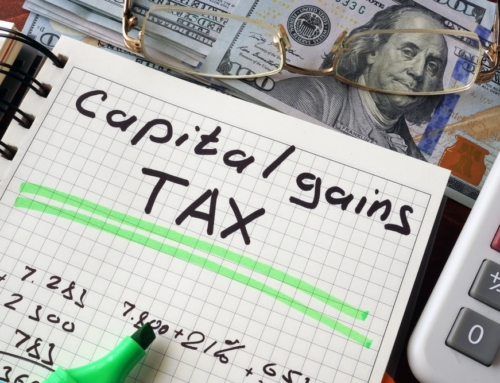If you lose your job, your tax bill probably isn’t going to be the first thing on your mind. But when you file for unemployment, you’ll need to pay attention to your state’s tax laws.
I live in California, which doesn’t tax unemployment benefits, so I was surprised to find that the majority of states with state income tax do tax some or all of your benefits. You can look up your state on this table at the Tax Foundation’s website.
Regardless of how your state treats your unemployment benefits, be aware that the IRS taxes them 100 percent.
Unemployment benefits at tax time
People who are unemployed for the first time are often shocked when they learn that they must include their unemployment benefits on their tax return. If they’ve moved and don’t receive a letter from their state’s unemployment office, they may even forget they received this income altogether. But if unemployment income is omitted from tax returns, the IRS will take notice—and it will expect you to pay what’s owed.
It’s important to be proactive so you don’t get caught short of funds at tax time. When you enroll for unemployment, try to arrange to have IRS and state taxes withheld from your benefits. Sure, it’s difficult to lose that money from your check when funds are so tight, but you’ll need it when it comes time to pay taxes in April.
If you haven’t been withholding taxes from your unemployment benefits, talk to a tax professional or use your favorite online tax software for a projection of your IRS and state tax liability right now. Be sure to include all sources of income, both taxable and tax-free, and any withholding that was taken from wages, investment accounts, and retirement withdrawals.
Once you know how much you expect to owe to the IRS and your state, make a plan to pay your taxes, either by saving the money or finding a way to borrow it.
Tax consequences of early withdrawal from retirement plans
Sometimes, people who are unemployed will draw money from their retirement plans to cover expenses while their income is reduced. If you do this, you will face taxes on those funds, and if you are under age 59 ½, you are apt to also face a 10 percent early withdrawal penalty from the IRS, plus whatever your state charges.
Depending on the type of account from which you are withdrawing money—IRA, 401(k), 403(b), and so on—you may not have to pay a penalty if the money was used for certain common expenditures, including:
- health insurance while you are unemployed
- medical expenses above 10 percent of your adjusted gross income
- qualified higher education expenses
- payments after the total and permanent disability of the plan participant/IRA owner
You can find the list of all exceptions to the penalties on the IRS website.
Eva Rosenberg, EA is the publisher of TaxMama.com ®, where your tax questions are answered. She is the author of several books and ebooks, including Small Business Taxes Made Easy. Eva teaches terrific courses that might help individuals and small businesses at CPE Link.






